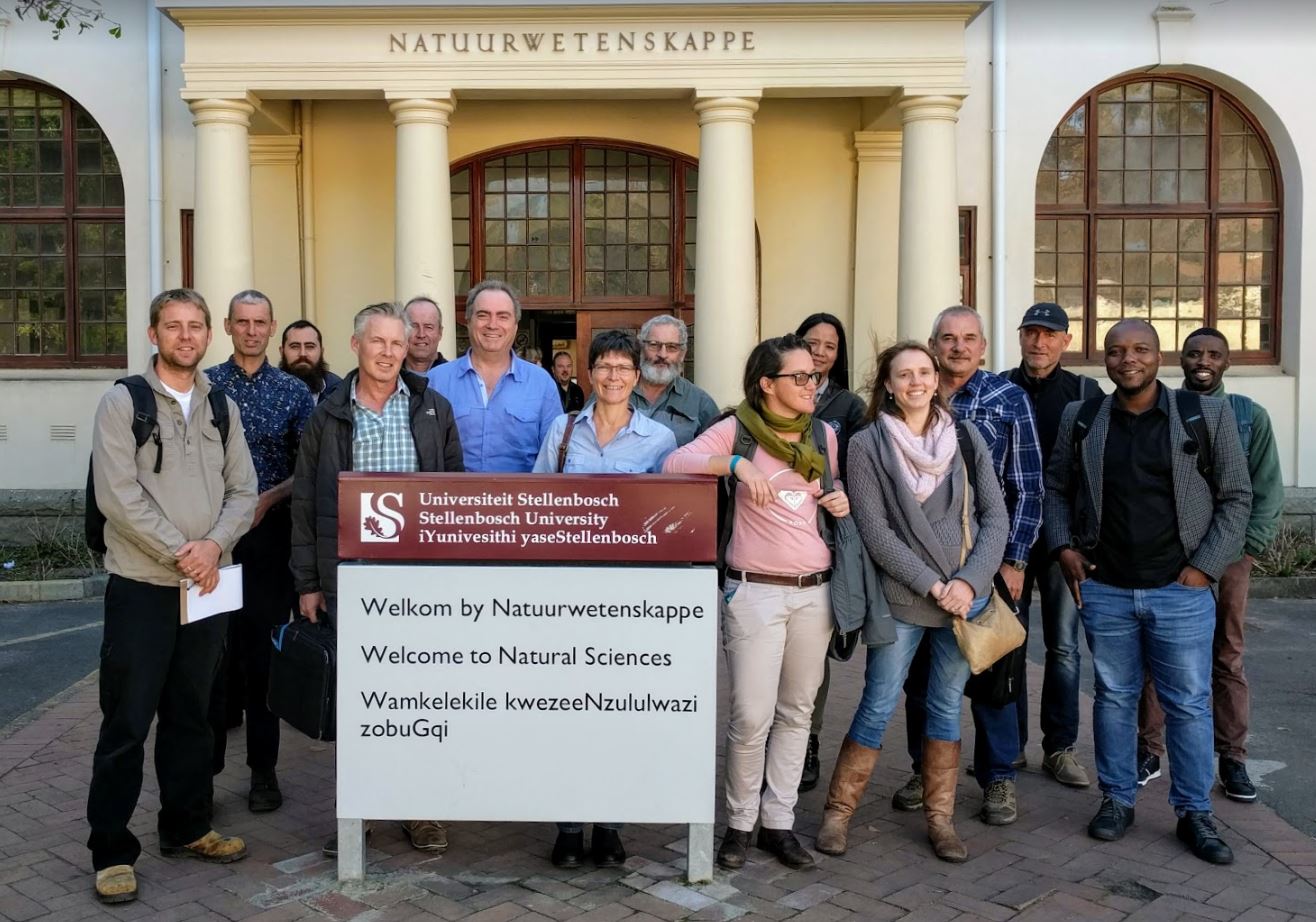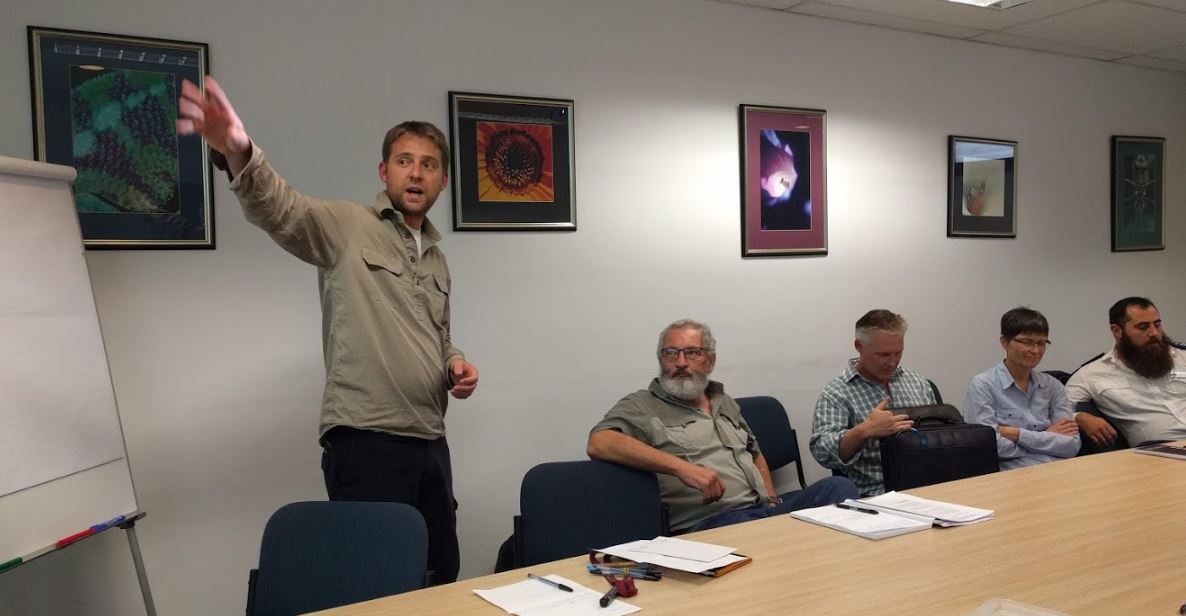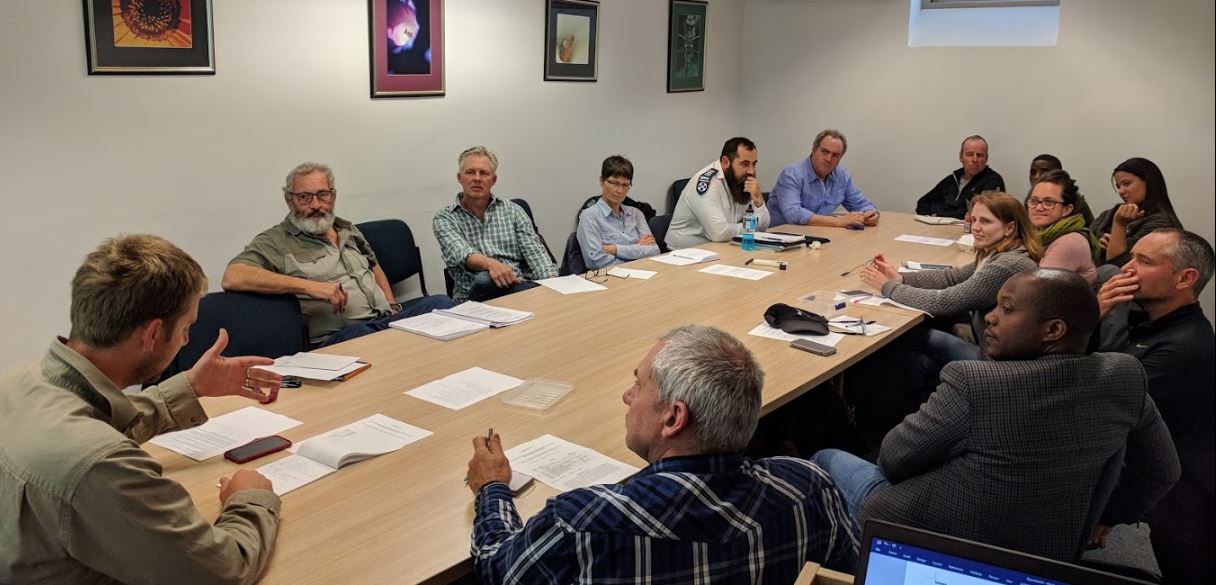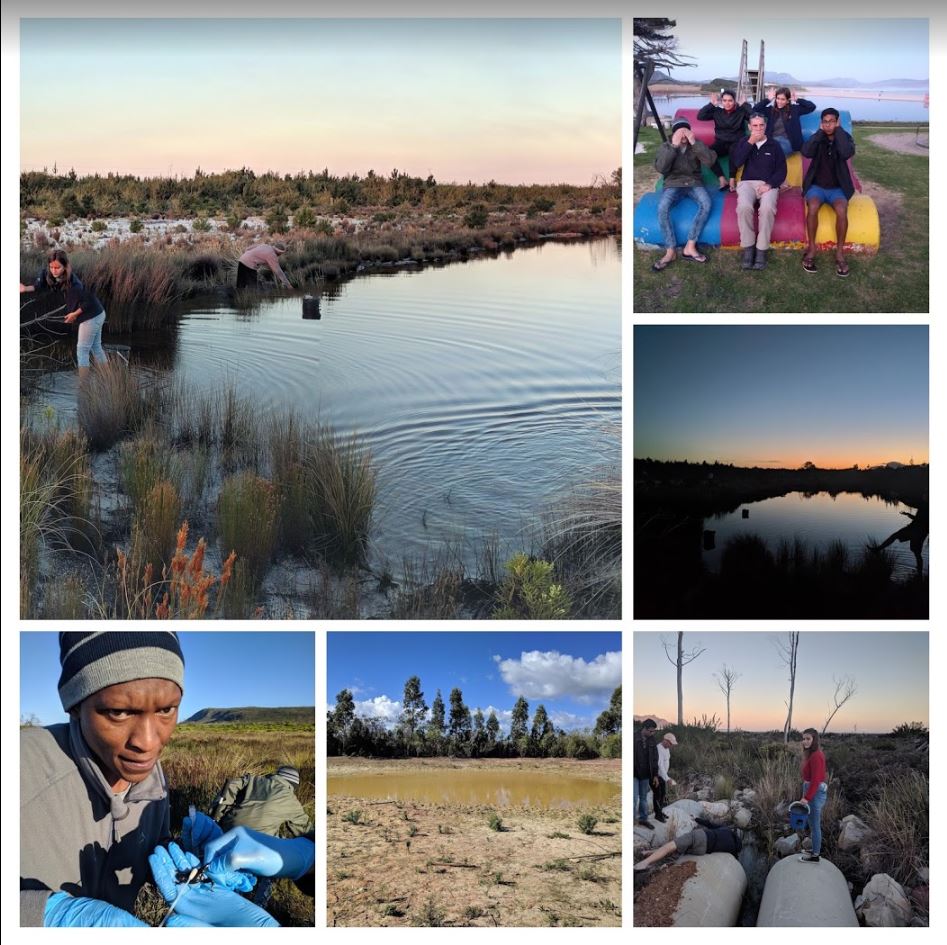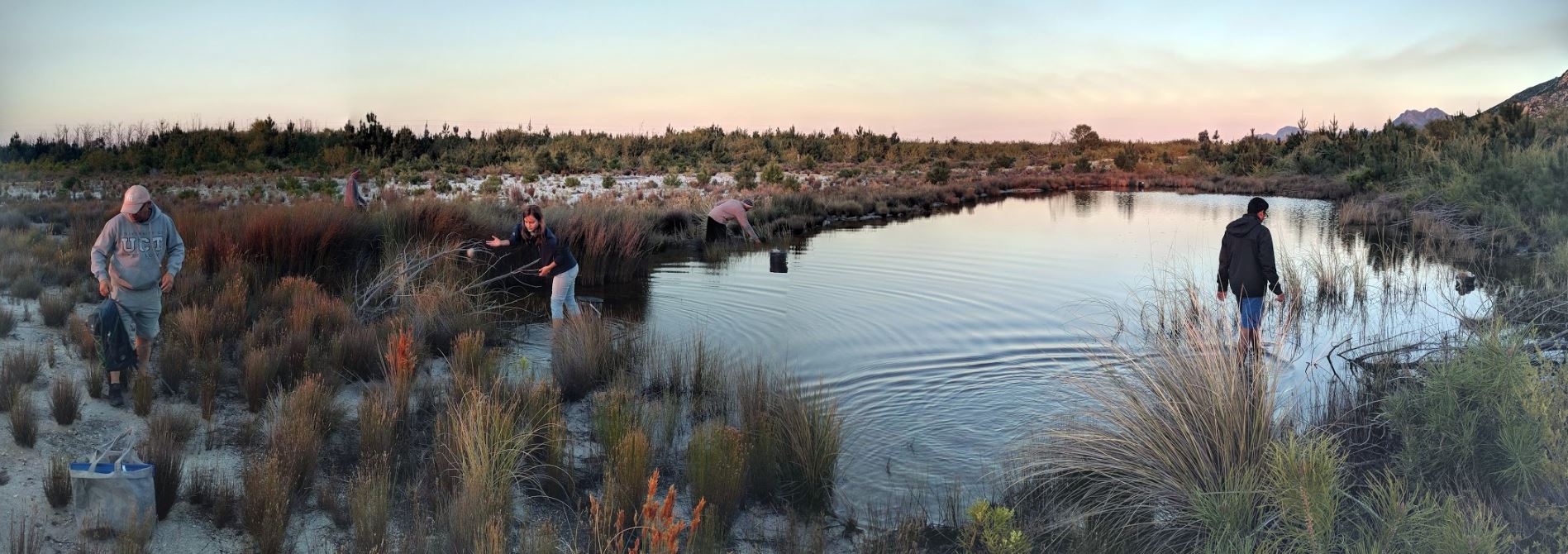Why you shouldn’t do a PhD
What’s next for your future?
August and September are traditional times (in South Africa) for thinking about what’s going to happen next year. For academics, it’s the time that we finalise projects and advertise them online. Interested to see what I’m thinking about? Then you can look here and here. For students, there are much bigger questions because deciding to do another postgraduate degree will likely change the course of your life. We all hope that this would be for the better, but that’s not always the case.
Undergrads
If you are currently a third year undergraduate, you should now be deciding whether you want to do Honours next year. Honours is super hard work. It’s also a great fun year. Your first real exposure to a research project that is yours, and a super intense course with people who all share the same goal. It’s a year of great camaraderie, and you are likely to significantly enhance your chance of employment as well as your starting salary. For most undergraduates who decide to do Honours, the main problem will be ensuring that you get the grades. Most schools require good marks for undergraduate degrees, and with good reason. Not everyone will survive the Honours course and a good undergraduate degree really is the best indication of whether or not Honours is for you.
Honours students
Should you do a Masters degree? A MSc will again enhance your chances of getting employment and you will again start with a higher salary than someone with an Honours. It’s important to know that there are two types of MSc, one that is taught (with a project component) and which is over in 12 months. This taught masters is like a super intense Honours degree at a much higher level. It is not for the faint hearted and if you struggled in Honours then this is not for you. The other type of MSc is by research. If you loved doing your Honours project and really enjoyed the writing and researching side, as well as the practical doing of research, then a MSc by research might be for you.
Masters students
Are you getting ready to submit your Masters? Do you feel that you could do it all over again? Really? Well, I’m still going to say that a PhD might not be the right choice. This might seem surprising as so far I’ve been encouraging you all to do more and more education. Why would I not want you to do a PhD?
- Doing a PhD actually reduces your chance of employment, and over the long-term your pay will be lower.
The reality is that most employers don’t want someone with a PhD, because it is a very academic qualification. It should have taken you so far down the rabbit hole, that there’s very little left for employers to use. Employers who want people with PhDs (and there are a few) generally want professional researchers who are essentially academics. Good work if you can get it, but it tends not to pay well. You might end up only being fit to be an academic, and that life is getting increasingly harder without any end… like doing a PhD every year. Very hard to enjoy.
Academia is getting more competitive. Whereas once it was almost certain that you could be employed as an academic after finishing your PhD, this is no longer the case. Indeed, the number of people who get PhDs is greatly increasing the world over, and most are in direct competition for a decreasing amount of academic posts. Universities appear to be exploiting this excess of qualified people to hire them on contracts, reducing the number of full time positions. Essentially, this means that in most places your time as a PhD student, post-doc and junior lecturer will keep you outside the employers core staff. Joining those on the inside (with well funded posts) becomes increasingly more difficult. Some have suggested that the world of academia is becoming more like a drugs gang (see here).
- Doing a PhD is really hard work.
It’s not a MSc with an extra year. It really is much harder and tougher on you mentally and physically. The chances that you’ll end up jaded and malcontent with the entire academic system are very high (maybe even obligatory). You are probably not going to be very happy while doing it (there are some exceptions of course), and it will likely have negative impacts on all the good things that you currently have in your life (think family, friends & relationships, as well as free time and fun).
- Any PhD has to be yours.
It’s entirely useless to do a PhD for someone else. You must take complete ownership in order to do it. In fact, you need to be obsessed with the PhD subject and really want to do nothing else at all. A PhD is an obsession where you can be unwavering and manic in your fascination with a subject. Very few people really understand what a great privilege this is. If you don’t feel like a total maniac for learning, a PhD is not for you.
There follows a great video by Simon Clark (except I suggest you stop before he tries to sell you something). It is well worth watching, especially if you are wondering whether or not to do a PhD. If you totally identify with Simon, and you already know what passion and fanaticism he’s on about, then maybe you should do a PhD. But you must have an exit plan. What will you do if you can’t finish it, and what you will do if you can. Please don’t do a PhD if you have no idea what’ll come next. You must have a clear vision of how you will use it to go forth an conquer the world.
If this sounds scary - it's because it's meant to!
...and if I haven't put you off, then the next question is what project and supervisor should you look for. This is of course super important, but I'm not going to blog about it now. Maybe make an appointment to chat with me instead.
